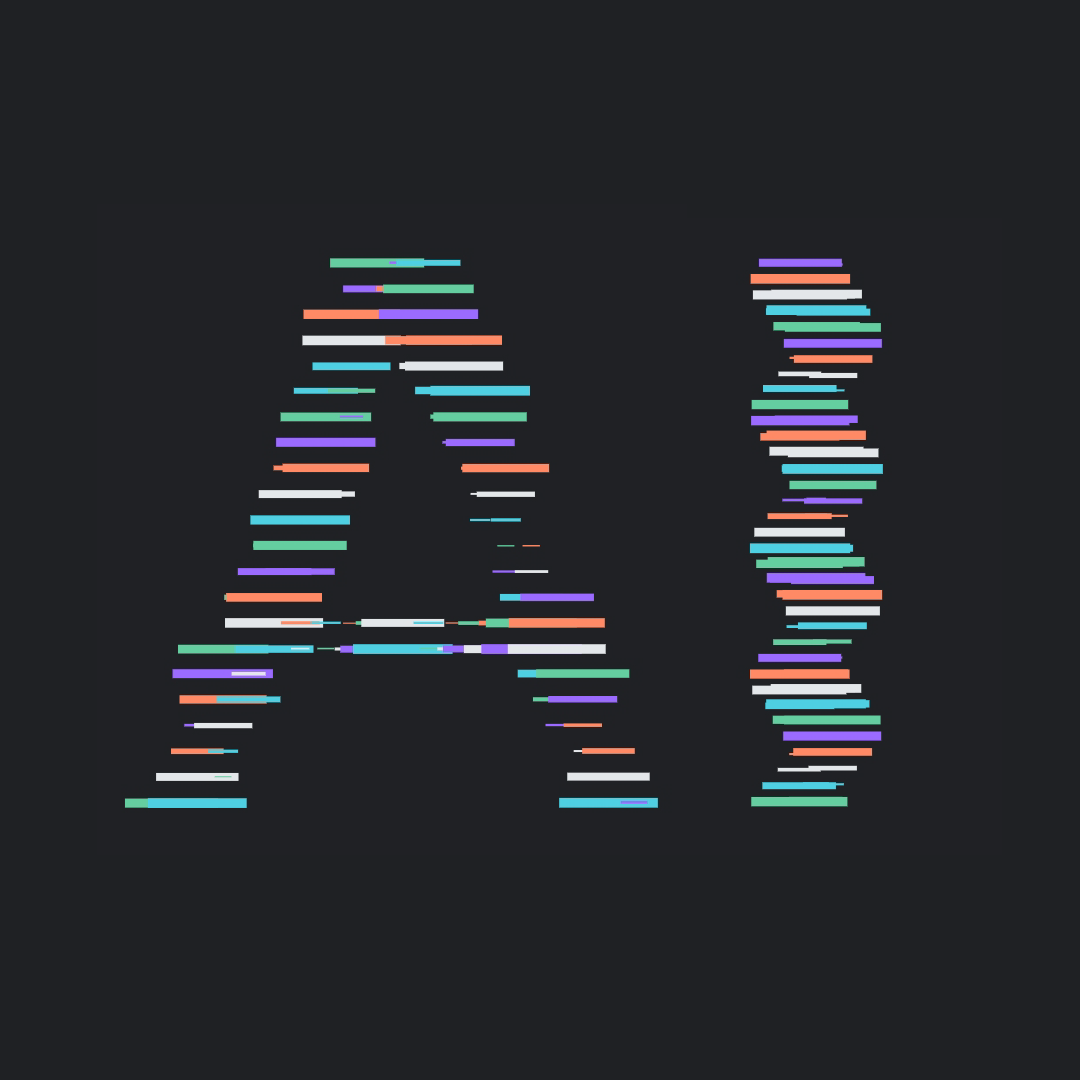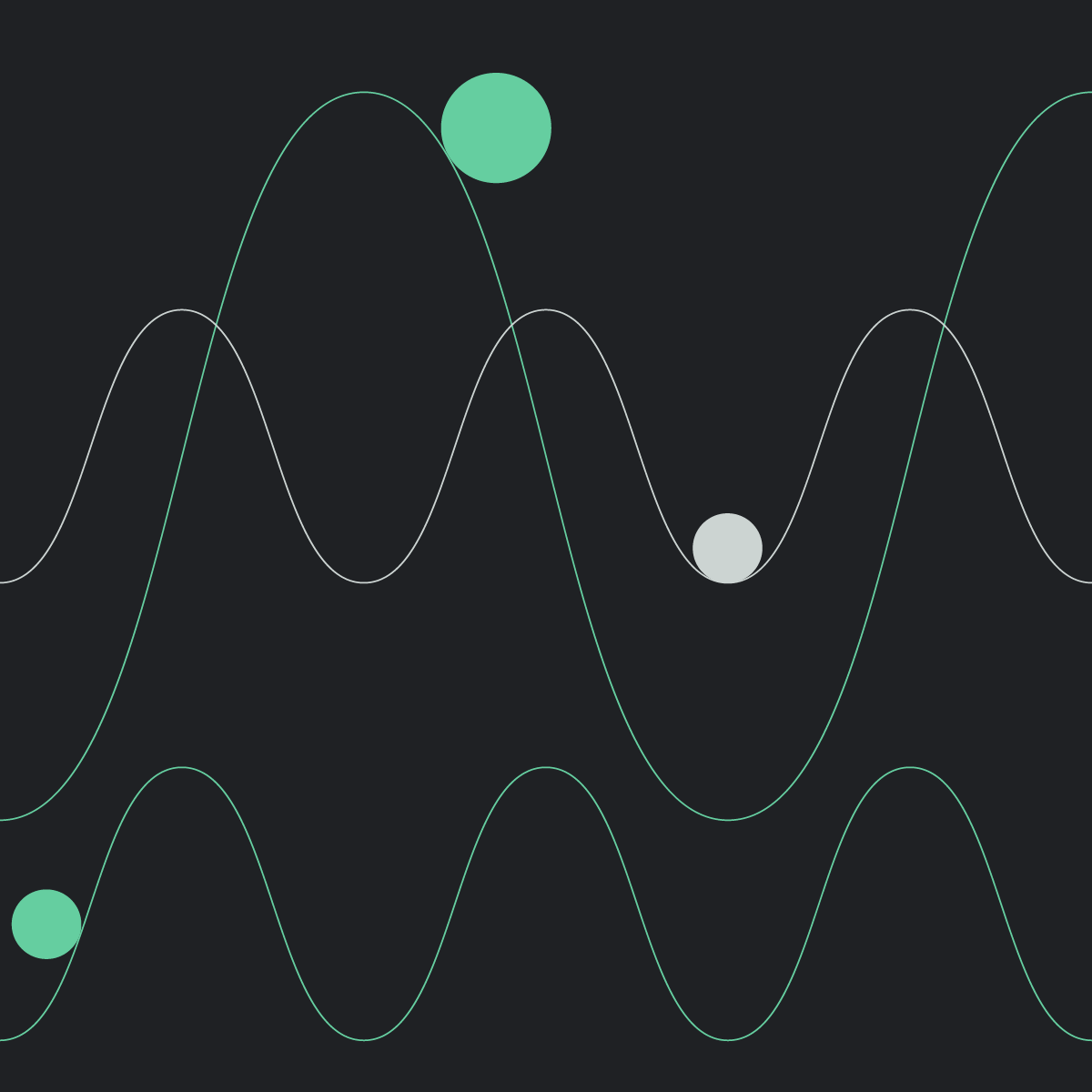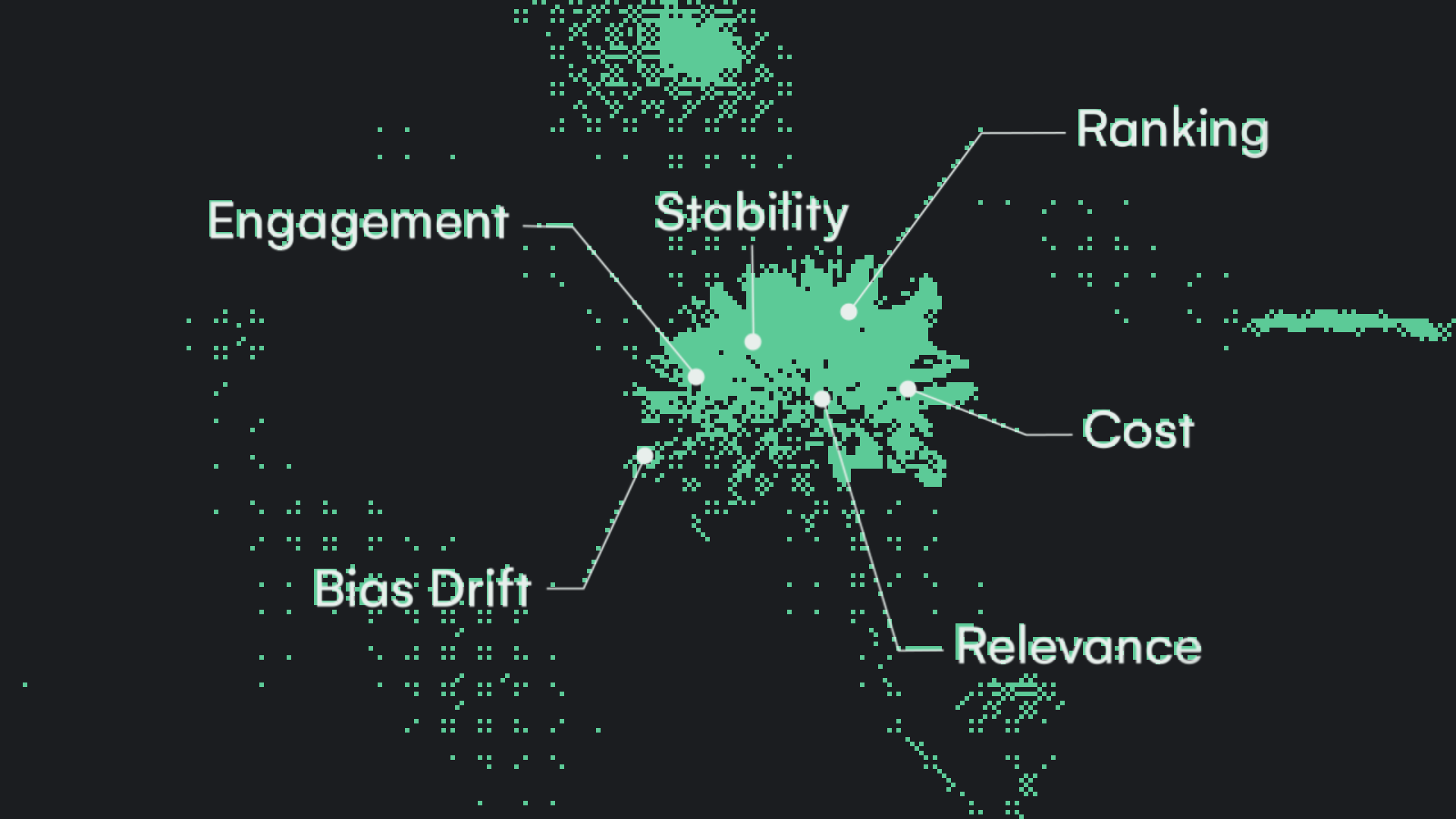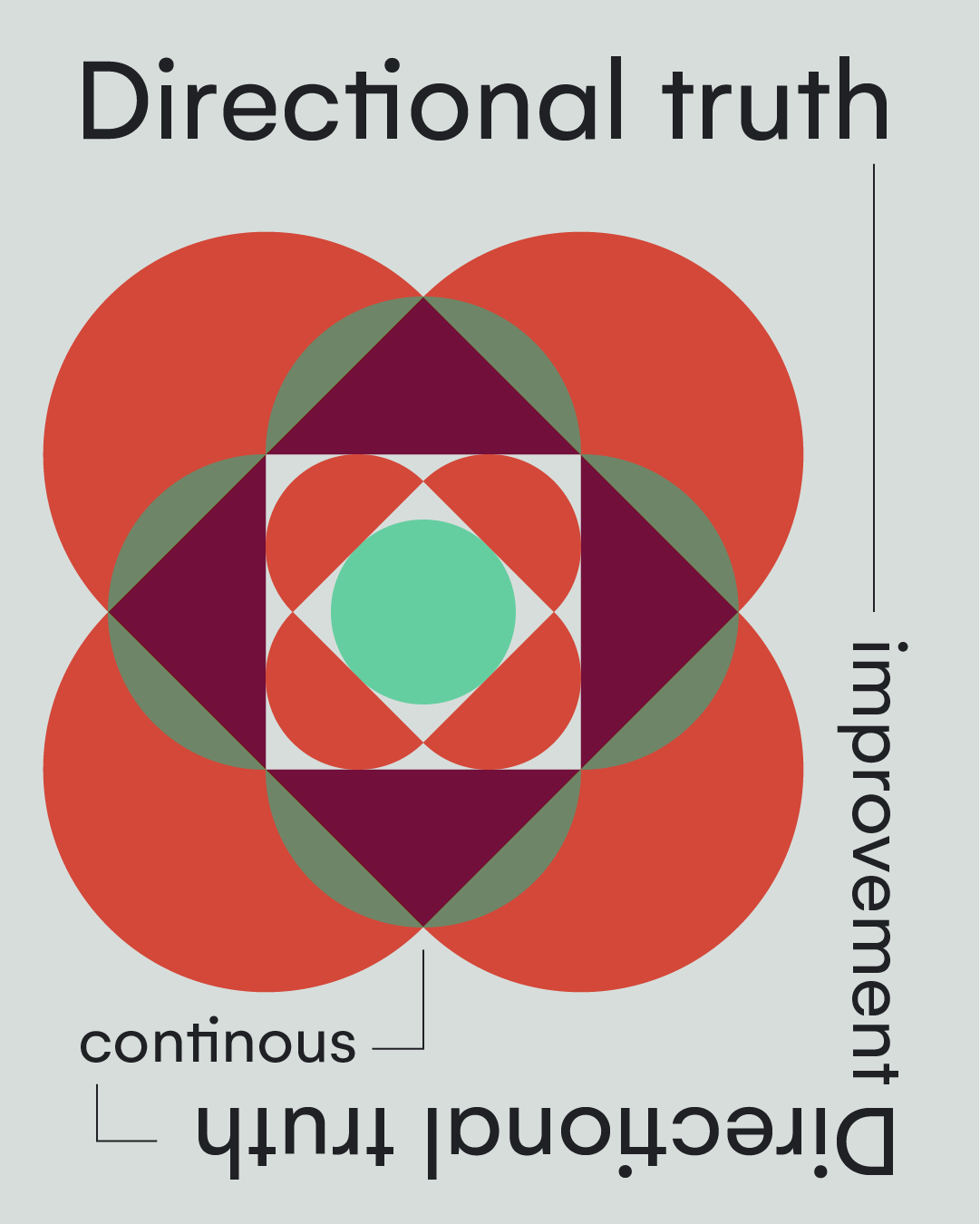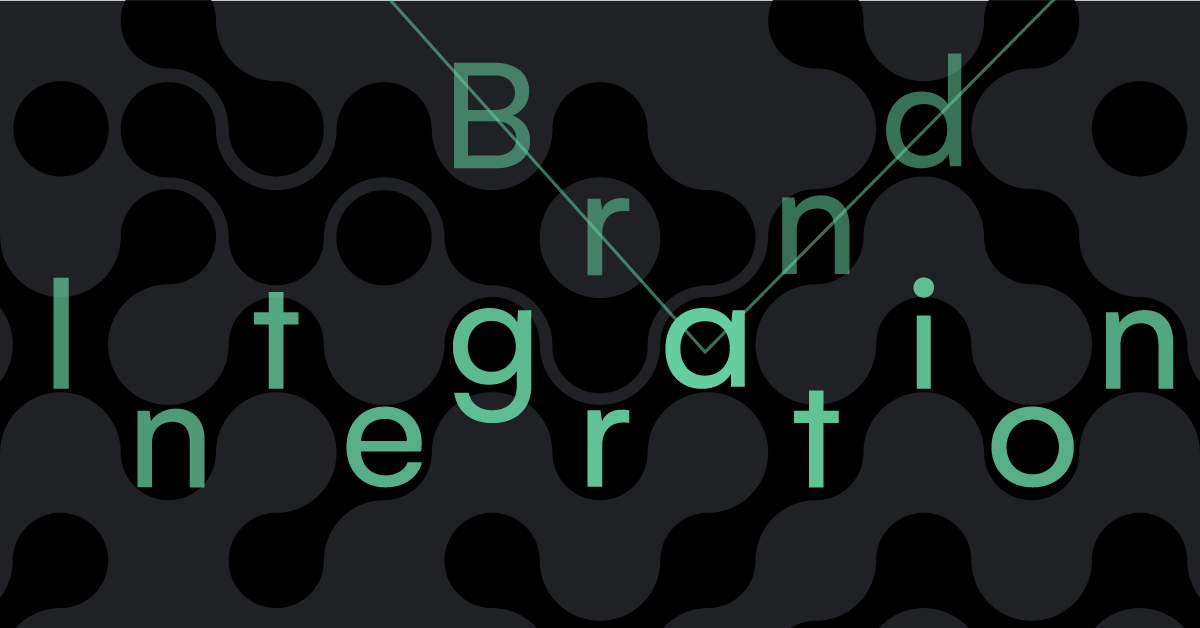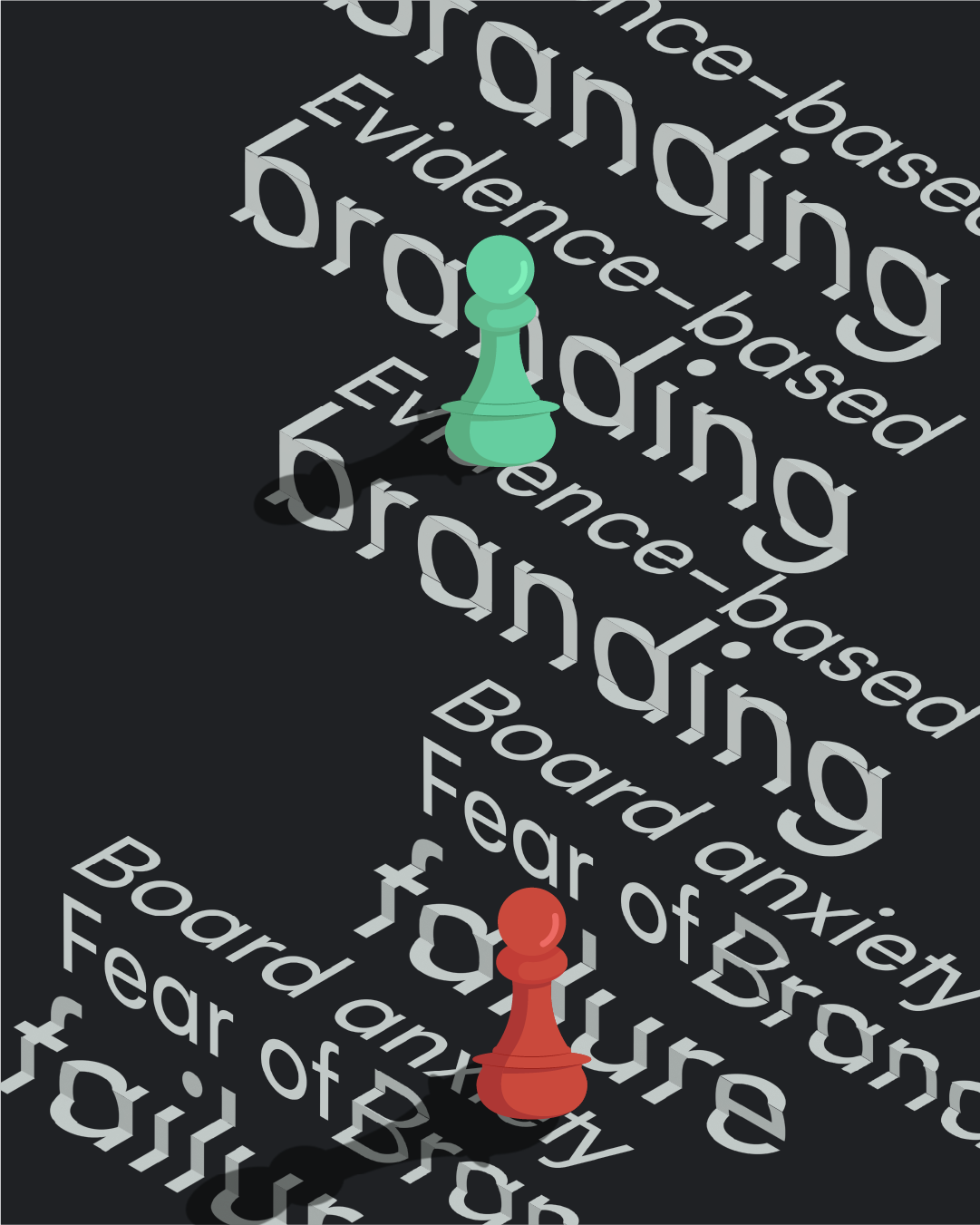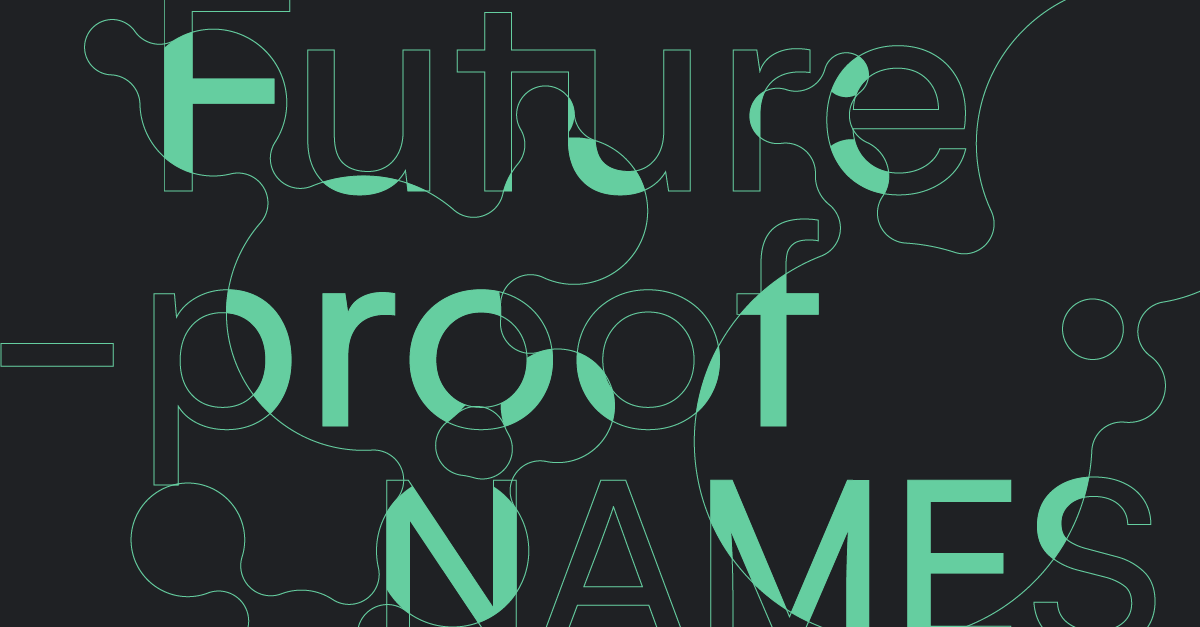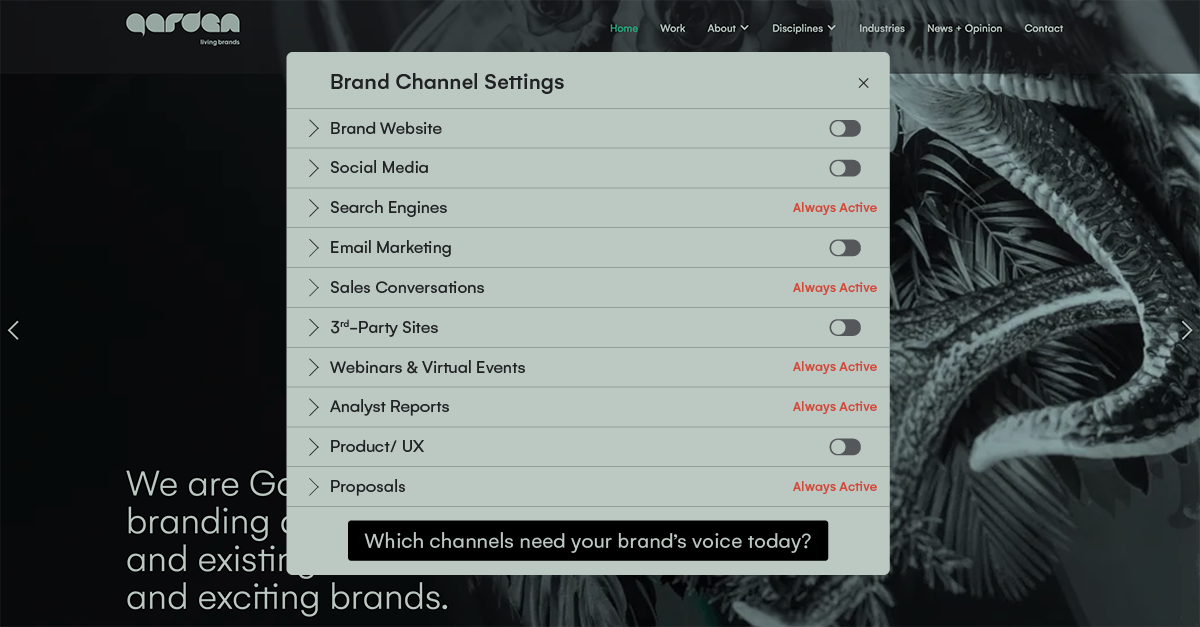AI Productivity Tools That Are Revolutionising Workflows in 2025
AI is transforming the way businesses operate, making processes faster, more efficient, and more creative. In 2025, AI productivity tools have become indispensable for enterprises striving to stay ahead. However, while these tools bring undeniable advantages, they should be used wisely. AI is most effective when it enhances human skills rather than replacing them. Thoughtful and ethical use of AI can significantly boost productivity without compromising creativity, judgment, or human connection.
The Best AI Tools for Automating Administrative Tasks
AI-powered automation tools are redefining administrative efficiency, streamlining repetitive processes and freeing up valuable time. Platforms like Zapier and Microsoft Power Automate handle tasks such as data entry, email sorting, and social media scheduling with minimal manual input. AI-driven scheduling tools like Motion and Reclaim.ai optimise calendar management, suggesting the best meeting times and seamlessly handling conflicts. These innovations allow businesses to reduce manual workload while improving workflow efficiency.
Enhancing Business Communication with AI-Driven Writing Assistants
AI writing assistants are now essential for crafting clear, professional communication. Tools like ChatGPT and Grammarly refine messaging by offering real-time feedback on tone, grammar, and readability. Whether for emails, reports, or marketing copy, AI ensures consistency and quality while aligning with brand voice. However, authenticity and human oversight remain crucial in maintaining genuine, personalised communication that resonates with audiences.
Optimising Project Management and Workflow Efficiency with AI
Collaboration tools integrated with AI, such as Notion AI and ClickUp, are helping teams stay organised and productive. These platforms summarise meetings, generate action points, and suggest relevant resources, reducing the time spent on administrative work. By automating routine tasks, AI enables teams to focus on strategic thinking and problem-solving, leading to smoother workflows and better project outcomes.
Leveraging AI for Data Analytics and Smarter Decision-Making
Data-driven decision-making has never been more efficient, thanks to AI-powered analytics tools. Platforms like Tableau AI and MonkeyLearn process vast amounts of data in seconds, identifying trends and offering actionable insights. With AI-driven analytics, businesses gain a competitive edge by making faster, more informed decisions. However, human oversight remains essential to ensure AI-generated insights are interpreted accurately and ethically.
AI for Creative and Media Content Production
The creative sector is also seeing AI-driven transformations. Adobe Firefly is proving useful for minor photography edits but remains limited in scope. Midjourney excels at image generation but still produces recognisable AI artifacts. Visual Electric is emerging as an alternative to Midjourney, offering new possibilities in image creation. For animation, Runway provides useful features, though it requires extensive tweaking. Pika shows promise in video content generation but sometimes suffers from the uncanny valley effect. Meanwhile, Play.ht is excellent for voiceovers but still needs refinement.
Beyond visual and audio content, AI is also impacting research and content structuring. ChatGPT remains a powerful tool for generating and organising content but still requires human input for originality. Epiphanies Lisa is an emerging tool that assists in intelligent research, helping professionals sift through vast amounts of information efficiently.
Common AI Integration Challenges and How to Overcome Them
While AI offers undeniable benefits, integrating it into existing workflows presents challenges. Compatibility with current systems, data security concerns, and employee training are common hurdles businesses must address. From a branding perspective, we see both the potential and limitations of AI in creative workflows. While it enhances efficiency and personalisation, over-reliance can lead to generic content and a loss of authenticity. Ethical considerations, such as originality and fair AI use, must be carefully navigated to maintain brand integrity.
The Future of AI in Business
AI is no longer a futuristic concept—it’s a practical tool reshaping business operations. However, its success depends on responsible use. AI lacks human intuition, emotional intelligence, and ethical judgment—qualities that remain essential in decision-making, creativity, and relationship-building. The businesses that will thrive are those that leverage AI while upholding ethical standards and maintaining a human touch. The future of work isn’t just AI-assisted—it’s AI-enhanced, with people at its core.
By Yasmine Aghedar





.jpg)


.jpg)

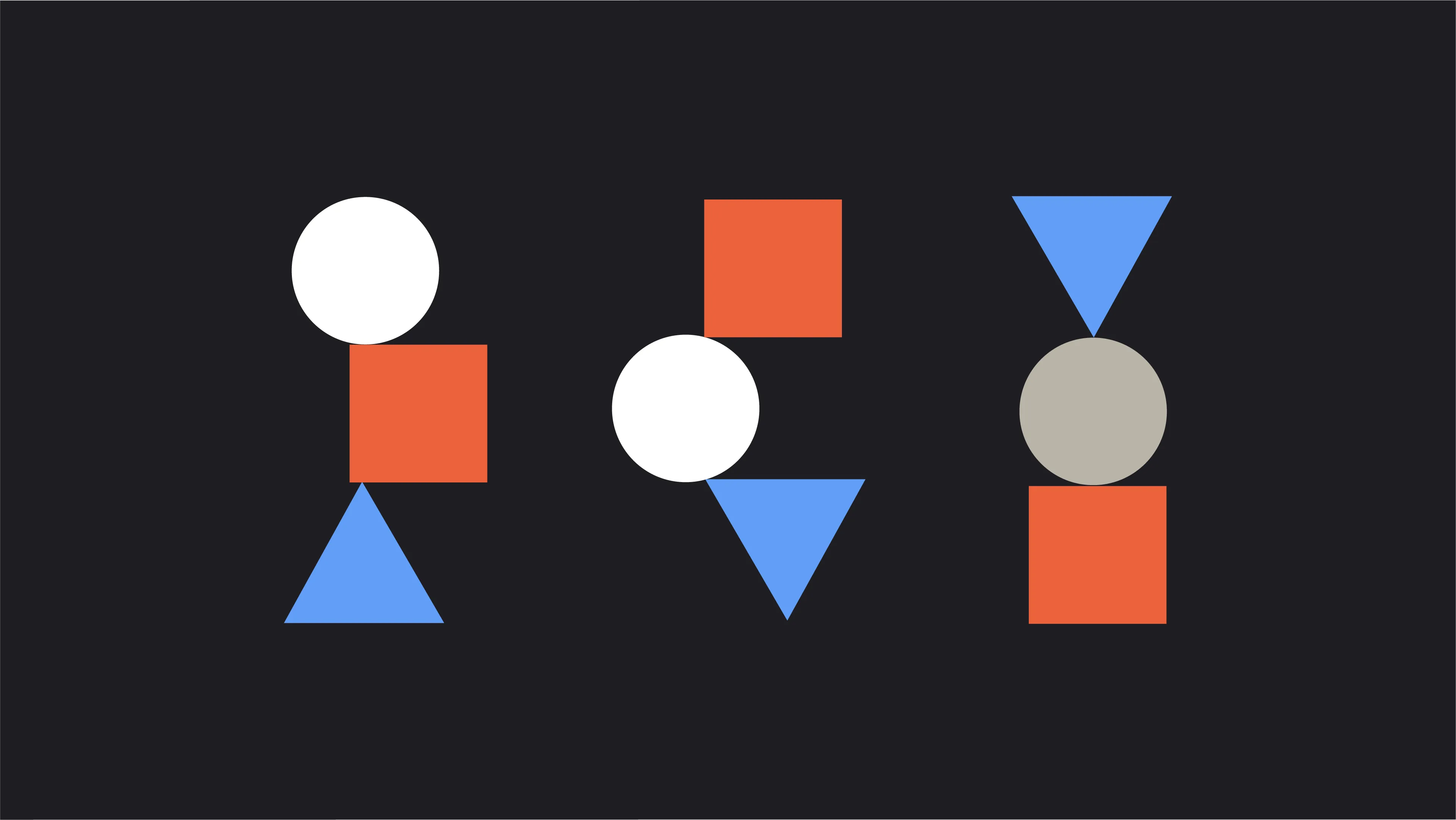
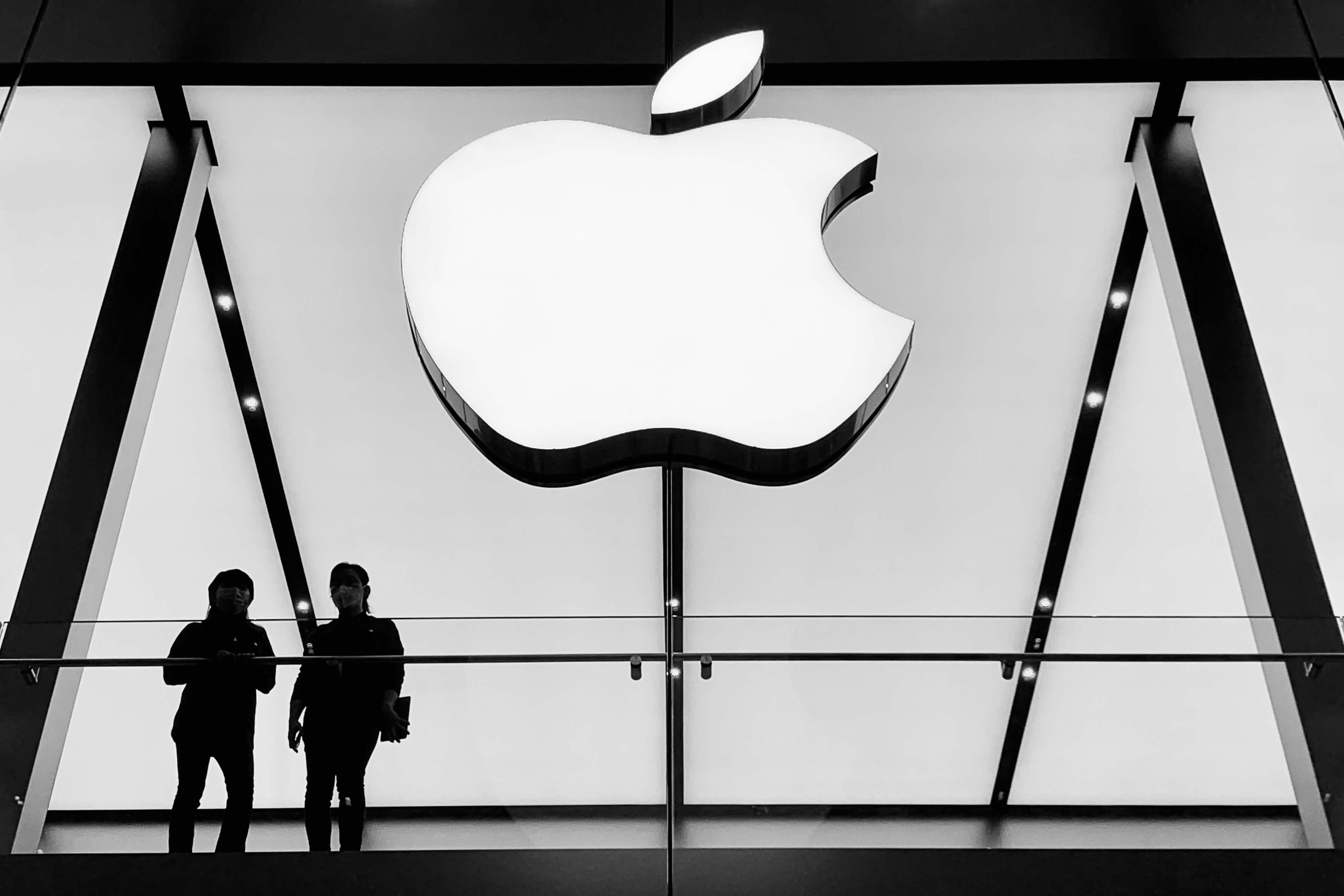











.jpg)









